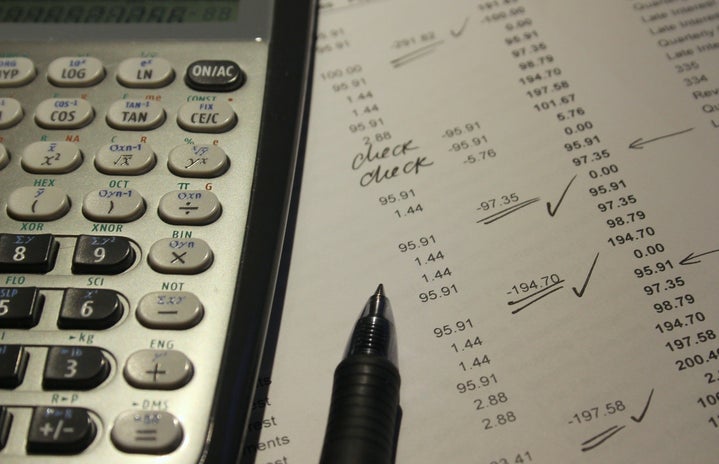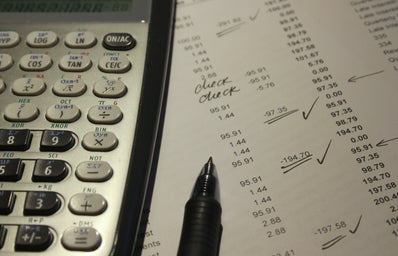I am about to ask you a truly deep and personal question. This is serious.. Are you ready? Well, here goes: Have you ever used the quadratic formula in your day-to-day life? How about Pythagorean’s Theorem? Interesting… Have you ever wondered why schools focus most of the curriculum and its lessons on things we don’t necessarily use every day? I got you!
As an education major, one of the most important lessons I have learned to this day is to understand your students, including their needs, strengths, and talents. By doing so, you’ll guarantee a more focused and effective educational approach that will facilitate the students’ learning experience. It’s evident that not all students are great at every subject—for example: some may be amazing writers and editors while others can solve the hardest formulas under 45 seconds. If so, why focus so much of the curriculum on complex and detailed math that, in the future, will only be useful to some, not all?
Retreived from 9-Gag
According to the International Commission on Mathematical Instruction, “mathematics provides an effective way of building mental discipline and encourages logical reasoning and mental rigor.” In other words, it’s generally considered to be the means to an end. Its complexity helps develop and/or strengthen analytical skills, which in turn are useful for practically everything in our lives. It helps to acquire knowledge, compartmentalize, and channel it for any situation we may encounter.
“Mathematical literacy is a crucial attribute of individuals living more effective lives as constructive, concerned, and reflective citizens. Mathematical literacy is taken to include basic computational skills, quantitative reasoning, spatial ability etc.”
International Commission on Mathematical Instruction
It all sounds all cute when you put it like that, but is it all really math or does it have to do a bit more with economics?
For starters, let’s not forget that economics is a completely different subject from math. While math focuses on things like equations and solving for x, economics focuses on social and personal finance and how to manage it. If we are going to get technical, math is “the science of numbers and their operations, configurations and their structure, measurement, transformations, and generalizations.” Whereas, economics is defined as the “social science that seeks to analyze and describe the production, distribution, and consumption of wealth.”
Retreived from Pinterest
In my experience, economics courses have expanded my knowledge and helped focus my analytical and critical thinking for practical situations. However, economics alone does not achieve a full practical approach. Finance should also be incorporated in the curriculum. In other words, mathematics and economics lessons may go hand in hand. Finance, defined by the Corporate Finance Institute, is “the management of money and includes activities such as investing, borrowing, lending, budgeting, saving, and forecasting.”
Although they may be related and share some qualities, finance and economics are NOT one in the same. Economics studies local or global markets, human behavior, goods and services, and finance focuses on financial systems, and everything related: banks, loans, investments, savings, among others.
Retreived from Pinterest
Math classes should be more applicable to everyday life scenarios. How could schools achieve so? Easy. By incorporating real-life problems and focusing on real-life solutions, depending on the math theme that is being discussed in class. Economics and finance can offer us a much better solution. For example: if I am teaching a second grader about fractions, how could I incorporate a topic of economics and/or finance? Well, instead of focusing on the “pizza slices” example, which are helpful and shouldn’t be eliminated completely, the teacher can draw up a chart and show them IN FRACTION FORM, how much money they should earn or use.
The idea is not to convince schools to remove math completely from the curriculum. As mentioned earlier, math can be useful—especially because it stimulates analysis and critical thinking from a young age. The sole purpose of incorporating economics and finance in the curriculum should be to complement topics discussed in class so they can have a more practical focus, not to substitute or replace math lessons altogether.


